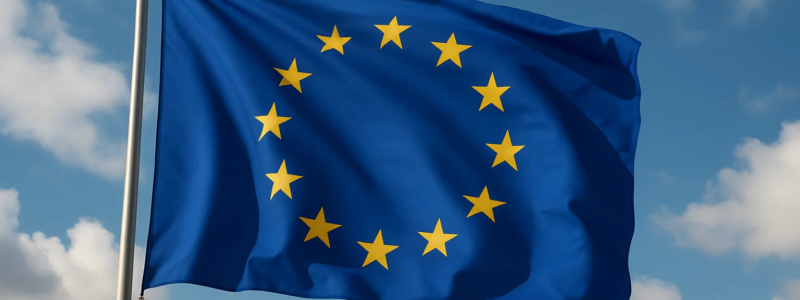
The European Union is discussing the possibility of accepting new member states without granting them a full set of rights, including the right of veto, in order to speed up the enlargement process. This was reported by Politico, citing diplomatic sources in Brussels.
According to the publication, the proposal is at an early stage and requires unanimous approval from all 27 member states. Under the plan, candidate countries would be able to enjoy the main benefits of membership — access to the single market, EU funds, and political programs — but would only be granted veto rights and participation in certain decisions after the completion of institutional reforms in the European Union.
This refers, in particular, to a gradual transition from the principle of unanimous voting to a qualified majority mechanism, which would make it possible to bypass blockages by individual states.
Anton Hofreiter, chairman of the Bundestag’s European Affairs Committee, said that future members should “temporarily waive their veto rights until internal EU reforms are completed.”
“We cannot allow one or two countries to slow down the expansion of the Union,” the German MP stressed.
According to Politico, Austria and Sweden are among the supporters of the initiative, believing that such an approach would help overcome resistance from Budapest and some other capitals that fear losing influence and economic positions.
However, the idea has already met with resistance not only from Hungary, but also from France and the Netherlands, where concerns have been expressed about the “erosion” of the principle of equal membership.
Montenegro’s President Jakov Milatović commented to the publication that the enlargement process “needs to be revitalized,” recalling that Croatia was the last country to join the EU more than ten years ago.
European Commission President Ursula von der Leyen previously stated that EU enlargement remains a strategic priority and that Ukraine and Moldova could potentially join by 2030. However, most member states are currently refraining from speeding up the process.
On Wednesday, October 22, a summit will be held in London as part of the Berlin Process, where EU leaders will discuss with representatives of the Western Balkan countries further steps towards the region’s integration into the European Union.
According to Politico sources, the European Commission is also considering the option of conducting separate stages of negotiations with candidates without the need for unanimous agreement from all members, which would allow it to circumvent the risk of a blockade, primarily from Hungary.
Currently, Ukraine, Moldova, Serbia, Montenegro, North Macedonia, Albania, and Bosnia and Herzegovina have the status of candidate countries for EU membership. Turkey has been negotiating membership since 2005, but the process is effectively frozen.